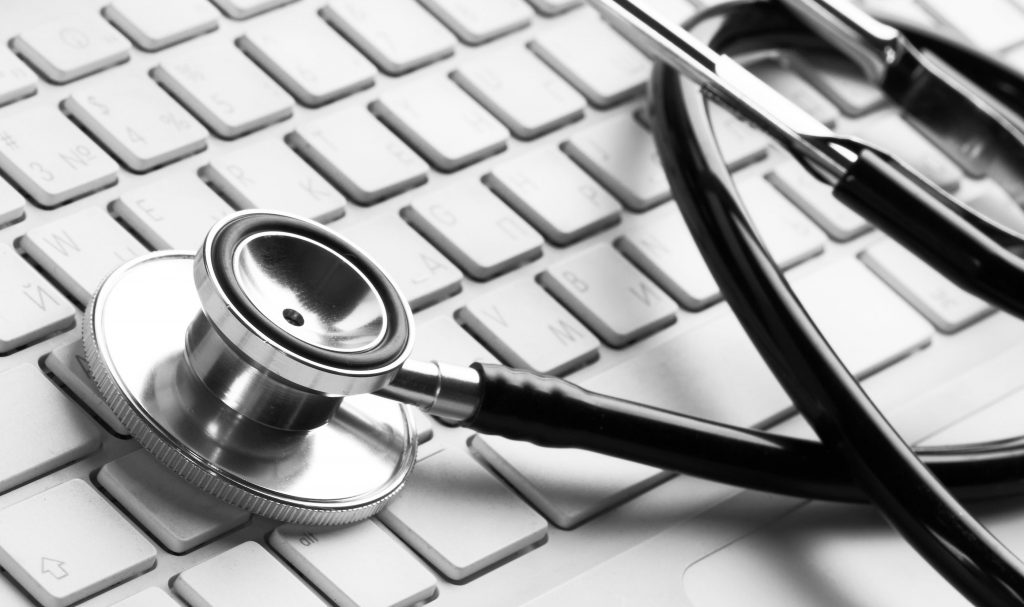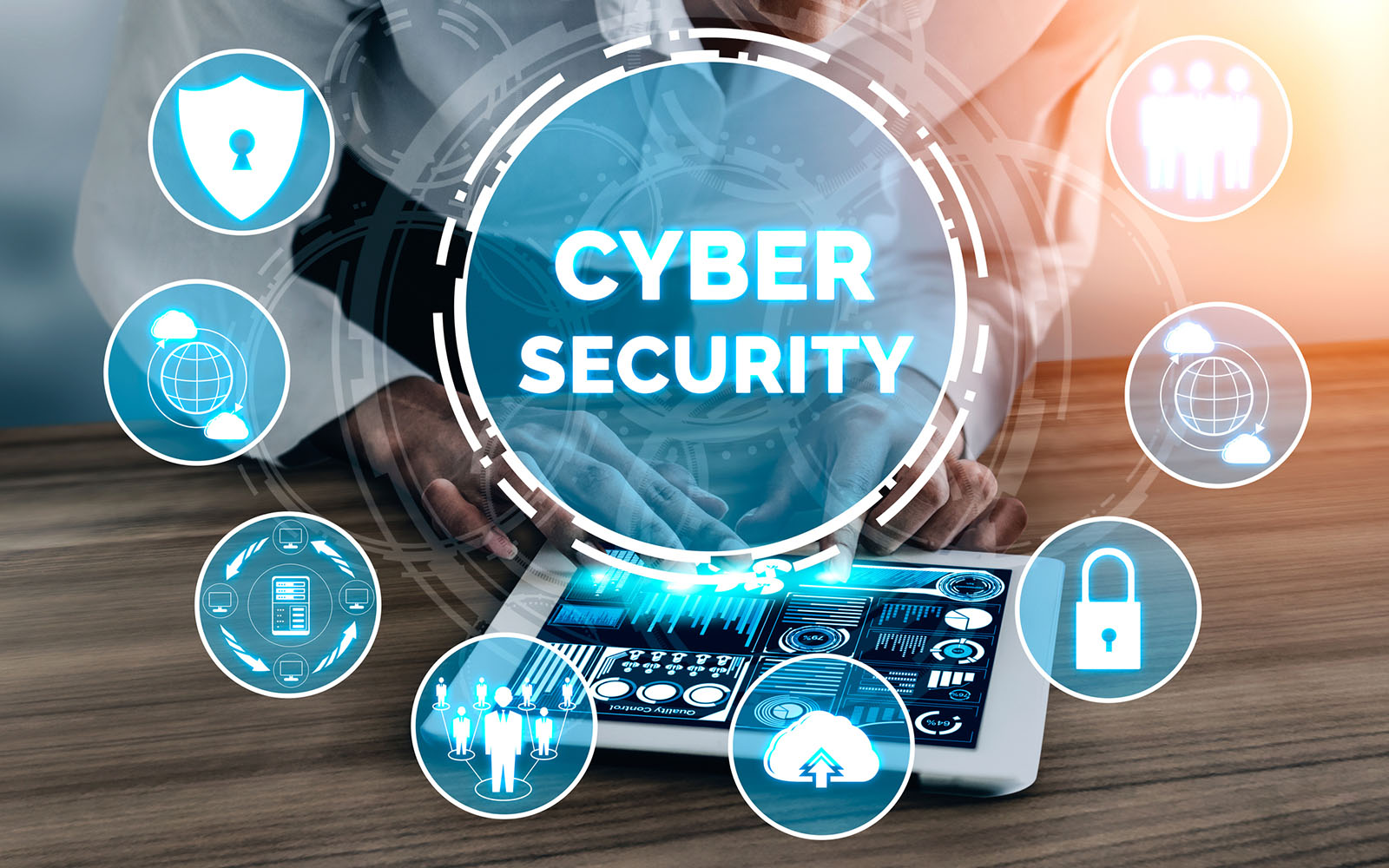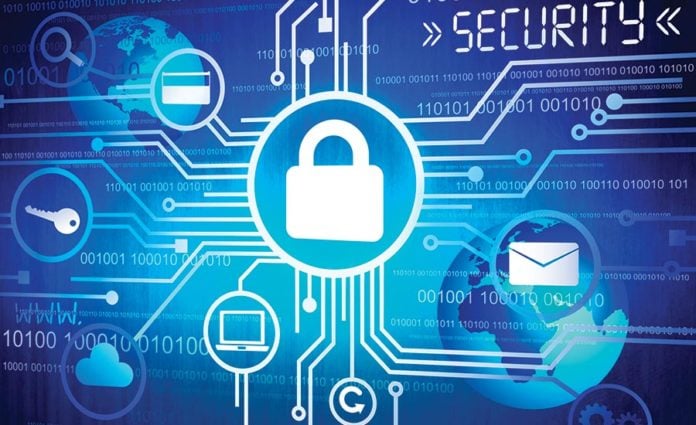2 min read
Cyber Vulnerability Grows Along with COVID-19 Pandemic
.jpeg) Michael Markulec
:
Nov 27, 2020 4:00:00 PM
Michael Markulec
:
Nov 27, 2020 4:00:00 PM

The Healthcare Industry's Cybersecurity Problem
The medical industry has the often-thankless task of finding solutions to hundreds of thousands of diseases. And it's quite effective at doing its job. Right now, medical researchers are developing and testing vaccines for COVID-19 at lightning speeds. Despite their effectiveness at preventing and treating human ills, however, they're having difficulty dealing with viruses of the digital kind.
According to Black Book Market Research, an overwhelming majority of healthcare organizations have experienced at least one data breach. Their study, featured in Newswire, also found that more than 300 million healthcare records have been stolen since 2015. This means that about one in 10 patients in the country have had their crucial information compromised.
According to a recent report by the Wall Street Journal, data breaches cost healthcare providers more than $400 per record. ; This includes a combination of legal fees, monitoring fines, and more. Some hospital-based practices have stopped accepting patients altogether because of lost data and other consequences of ransomware attacks.
Ransomware is a form of malicious software that some people may mistakenly open. It locks the computer down and keeps away every file from the user until they pay a certain amount to the hacker. Some ask for a few hundred dollars, while others demand thousands. It depends on how much data was compromised and how important these are.
And that's only the tip of the iceberg. Attackers continue to use different phishing and cloud hacking methods to compromise essential patient data and sell it to the highest bidder.
Ways to Quell Cybersecurity Attacks
With breaches common in the industry, it's no longer a question of if, but when your practice may get attacked. So, what can you do to improve your cybersecurity further and prevent such attacks from happening?
- Educate Yourself and Your Employees -- IBM's 2014 Cyber Security Intelligence Index found that over 95% of successful cyber-attacks were caused by human error. You heard that right; your company's most significant cybersecurity risk could be you or your employees. One might open a malicious link in a fake HR email and proceed to open its files, thinking that it's legitimate - and poof - crucial patient records are now in the attackers' hands.
- Enforce Strict Password Policies -- Using a password is still one of the most efficient ways to restrict access to your network. However, it depends on the strength of the passwords. They shouldn't be obvious ones like your birth or wedding anniversary date. Hackers will discover them.
- Enforce and Update Levels of Access -- Even if you only run a small medical practice, some of your employees should not have the same access as you do regarding patient records and other high-level information. Coordinate with a cybersecurity expert to create different entry levels in your network. Doing so limits each employee's access to only the files they need to see to carry out their work.
Cybersecurity is a critical concern that every medical practice needs to deal with. Not only does it keep you compliant with regulations like the HIPAA, but it also improves your patients' trust in your services. Use these practical methods to improve your practice's protection against cyberattacks so you can concentrate further on improving your patients' health instead of lost or stolen records.

10 Ways to Improve Cybersecurity for Your Business
Cybersecurity is no longer workable with a ‘tick in the box’ approach: a proactive approach is needed to determine and mitigate risk. An SMB in the...

Managed Detection and Response is a Challenge for SMBs
Small and medium sized businesses are struggling to understand and implement managed detection and response (MDR). Lack of security knowledge within...
